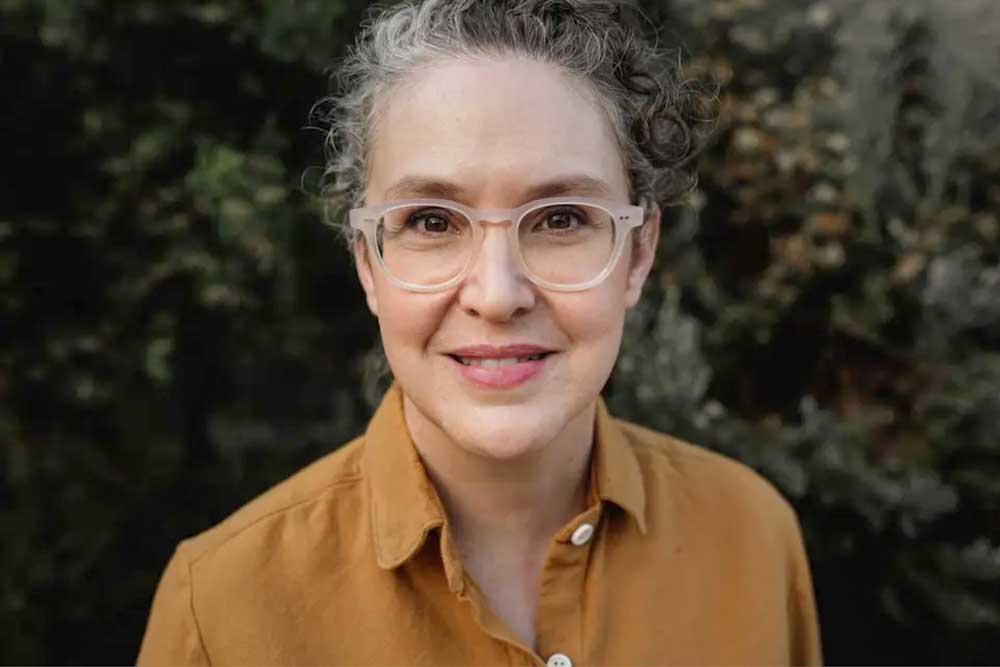Bookmonger: Memories of a counterculture childhood
Published 9:00 am Tuesday, September 12, 2023

- Portland author Sarah Neidhardt gathered family letters to trace her family’s journey in “Twenty Acres.”
Portland writer Sarah Neidhardt’s contemplative new memoir, “Twenty Acres,” captures her counterculture childhood in the 1970s, when her parents, who were college-educated and from relatively affluent families, decided to abandon the consumerism of conventional society in search of a more self-sufficient lifestyle.
Trending
This was during the heyday of the back to the land movement. In the case of Richard and Wendy (momma and daddy) Neidhardt, they bought 20 acres in the Ozarks and built a cabin. They didn’t have a phone, plumbing or even electricity, at first.
But they exchanged copious letters with the family members they left behind, took photos and occasionally even gabbed into a tape recorder.
“Twenty Acres,” by Sarah Neidhardt
Trending
The University of Arkansas Press — 320 pp — $29.95
These provide the basis for refreshing Sarah Neidhardt’s earliest memories of her childhood — she was just a toddler when she moved with her parents to Arkansas, “driving away from 1973 into a facsimile of the past, leaving behind wars and oil embargoes and pop culture and the nine-to-five life.”
It also turned out to be, Neidhardt notes, “a journey from privilege to food stamps.”
The family toughed it out on their homestead for eight years — daddy cleared the land and built their log cabin by hand. Momma hauled water from the well, kept house, tended a vegetable garden and looked after their growing family — within a couple of years, Sarah had two younger sisters.
The family butchered animals and hunted game. They ate roasted goat, squirrel, snake, possum and scrapple, grits, beans and mush. Neidhardt and her sisters had the freedom to roam, but for her parents, back-to-the-land life “was often isolated, exhausting and shabby.”
Parties and folk music gatherings provided a welcome respite, and Neidhardt’s parents made an effort to navigate the social expectations of longtime Ozark farm folks. They joined in and tried not to come across, momma confided in a letter to her own mother, as “the average run-of-the-mill hippy who occasionally turns up around here … no one wants to appear too pretentious in front of the people around here who are so simple and god-fearing.”
But as they became more involved with the community, the Neidhardts gradually realized that the authentic, Arcadian lifestyle they had imagined for themselves in Arkansas was not without its own significant stresses — poverty, racism and domestic abuse permeated the local culture.
In reflecting upon her childhood, Neidhardt shares an engrossing look at the intentional way of life that her parents, like many young adults at the time, tried to embrace half a century ago. But her parents, like many others, eventually abandoned that dream.
Ultimately, their marriage didn’t survive their return to conventional civilization.
But the memories live on, and in “Twenty Acres,” Neidhardt poignantly recognizes that for all of the deprivations of her counterculture childhood, she and her sisters acquired enduring lessons in life, death and resilience.
“I still carry some of that good farm girl grit in my bones,” she writes, “but I know all too well what lurks in its charming shadows.”









